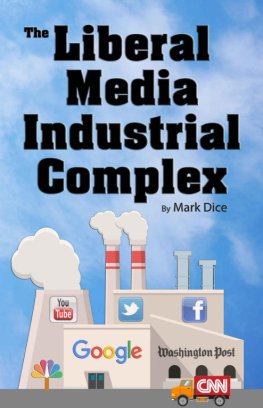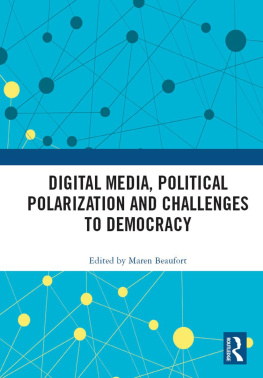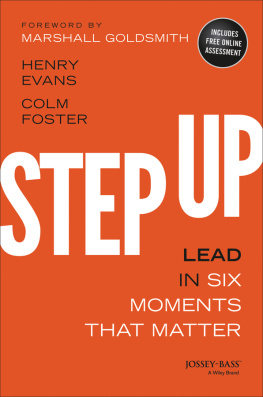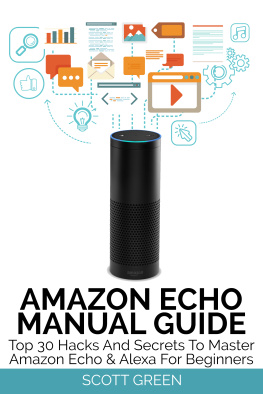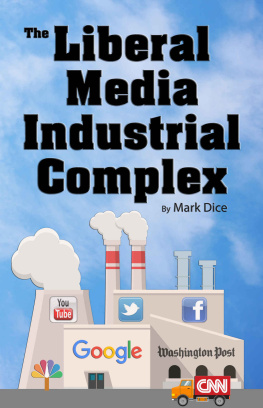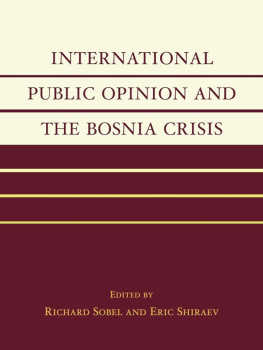
Mark Scott is the Secretary of the NSW Department of Education and has a distinguished record in public service, education and the media. Initially a teacher and education policy adviser, Mark enjoyed a long career in journalism. He was editor-in-chief of Fairfax newspapers and then managing director of the ABC from 2006 to 2016.
Little Books on Big Ideas
Blanche dAlpuget On Lust & Longing
Fleur Anderson On Sleep
John Birmingham On Father
Julian Burnside On Privilege
Paul Daley On Patriotism
Juliana Engberg En Route
Sarah Ferguson On Mother
Nikki Gemmell On Quiet
Germaine Greer On Rape
Germaine Greer On Rage
Sarah Hanson-Young En Garde
Jonathan Holmes On Aunty
Susan Johnson On Beauty
Malcolm Knox On Obsession
Barrie Kosky On Ecstasy
Sally McManus On Fairness
David Malouf On Experience
Paula Matthewson On Merit
Katharine Murphy On Disruption
Leigh Sales On Doubt
Tim Soutphommasane On Hate
David Speers On Mutiny
Natasha Stott Despoja On Violence
Anne Summers On Luck
Don Watson On Indignation
Tony Wheeler On Travel
Mark
Scott
On
Us

MELBOURNE UNIVERSITY PRESS
MELBOURNE UNIVERSITY PRESS
An imprint of Melbourne University Publishing
Limited Level 1, 715 Swanston Street, Carlton, Victoria 3053, Australia
www.mup.com.au

First published 2019
Text Mark Scott, 2019
Design and typography Melbourne University Publishing Limited, 2019
This book is copyright. Apart from any use permitted under the Copyright Act 1968 and subsequent amendments, no part may be reproduced, stored in a retrieval system or transmitted by any means or process whatsoever without the prior written permission of the publishers.
Every attempt has been made to locate the copyright holders for material quoted in this book. Any person or organisation that may have been overlooked or misattributed may contact the publisher.
Text design by Alice Graphics
Cover design by Nada Backovic Design
Author photo by Quentin Jones
Printed in Australia by McPhersons Printing Group

9780522875164 (paperback)
9780522875171 (ebook)
I dont think theres much point in bemoaning the state of the world unless theres some way you can think of to improve it. Otherwise, dont bother writing a book; go and find a tropical island and lie in the sun.
Peter Singer
Peter Singers words nagged me all summer. What if I had no solutions? What if I had run out of hope? Maybe I should have gone to the beach.
It wasnt the first time I had struggled for solutions. I ran the ABC for a decade and saw myself as being in the business of the future. We wanted to make a public broadcaster for the digital age; and for that, you needed to embrace technology and change and the opportunities of the new.
My first project on starting as managing director in 2006 was to develop a five-year plan. This will be no surprise to the ABCs critics. Such things are the hallmark of socialist collectives. But I had a five-year contract and needed to know where the organisation should head.
This step turned out to be an abject failure. I never did get the five-year plan sorted. I had come from Fairfax, a newspaper company that was getting battered by the first waves of digital disruption. I had read all I could about how digital technology would reshape media organisations and how audience expectations were changing. Almost immediately, reality swamped me. It was virtually impossible to know where the media world was going to be in five years time. There was no clarity. It was all changing so quickly.
In 2006, you could just hope to work out the direction. It was going to be a world where content was delivered online. Faster internet speeds would allow people to watch, listen and read on their computers. New providers would emerge to deliver content, so media organisations would not need to own printing presses or broadcast transmission towers to reach an audience. There would be more choice for consumers and, as could be seen with the first wave of online news services, more choices meant smaller audiences for traditional providers.
So, rather than a five-year plan, I got a sense of direction for change. There was a line from the Italian novel The Leopard I liked and that I cited often as I talked with staff around the country: If we want things to stay as they are, things will have to change. We needed to embrace the new opportunities on offer from technology to transform the ABC, so it would be as relevant, compelling and indispensable to future generations of Australians as it had been in the past.
I am glad we kept it pretty loose. If wed locked in a plan, we would have missed some things in those first five years. Like the iPhone. And the iPad. The unleashing of Facebook and Twitter. And the rise of content streaming giants like Netflix and Spotify. BuzzFeed and its listicles. And the importance of YouTube, then only a year old and set to be purchased by Google. The internet of things. And how all these businesses would work. What they would give us. And what they would ask of us.
When they first landed, we didnt understand them. They were just shiny and new and exciting. I remember in 2007 when I first saw an iPhone, which someone had purchased in the US. When we took it out of its beautiful box, it was something to behold. Sleek, expensive and beautifully designed. It reminded me of a BMW sports car: desirable, but something I was unlikely ever to get myself. When I started at the ABC, I negotiated as part of my contract that I would have a BlackBerry. That was as far as I could see technology going.
Henry Ford understood this when he revolutionised the motor car industry. If I asked people what they wanted, they would have said faster horses. They asked me and I just wanted a new BlackBerry, with that nifty keyboard for my thumbs.
All that followed the iPhone unveiling was unimaginable. Genuine innovation fuelled by Moores Law and staggering consumer demand. It didnt just change media and technology. It transformed the world. Not just because of the extent of change, but the way that these technologies and innovations were feeding each other, making the pace of change accelerate at ever-faster rates. Apple, Google, Facebook, Amazon and Chinese counterparts Tencent and Alibaba are now on the list of the ten largest companies in the world. Others, like Twitter, dominate our political discourse. Netflix and Spotify are revolutionising what we watch and listen to, and how we do it.
I didnt anticipate any of our current reality: what it means for us to be living in this tech-transformed world. I was just very excited by all that these innovations promised to me as a consumer and also by what could be on offer to media organisations like the ABC. I had no real sense of what it all might mean to us as a community and a society. Or that our personal benefit might come at a collective cost. That was naive, but I was hardly alone. No one really understood what was being unleashed.
Next page

